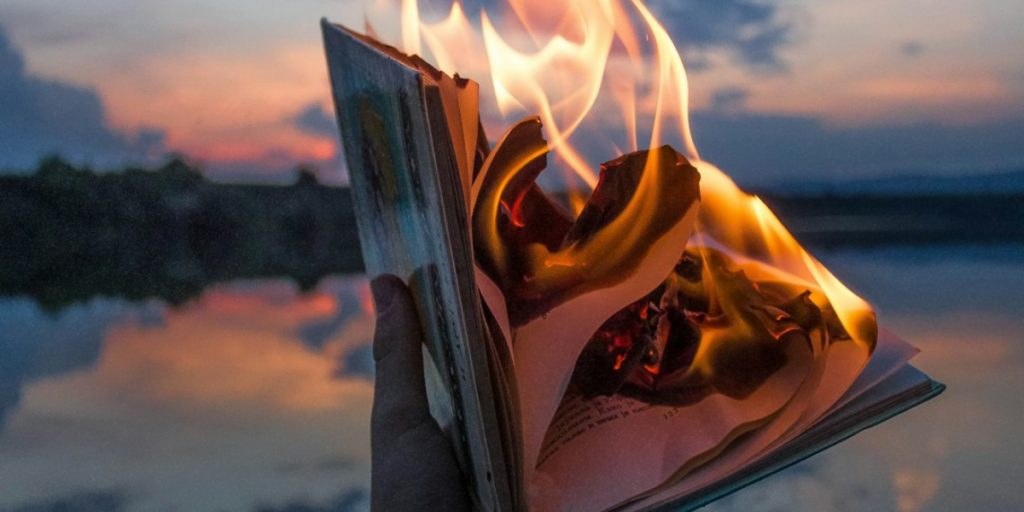Self-doubt and the Lingering Effects of Gaslighting

One of the lasting damages inflicted by chronic gaslighting is a painful fear of sharing your truth.
The first challenge in healing is learning to stand in confidence that your truth, meaning your lived experience, is real. This can be a long and uphill climb after years of confidence-eroding gaslighting.
But even as you gain confidence, calling out deception and manipulation for what they are, and exit toxic relationships, the aftermath lingers. You may know what was unhealthy; you may have rejected and left the control dynamics, but full freedom is still just out of reach.
Because to truly be free, you must find your voice and feel safe to lift it, to release your words and your truth to the winds where you can no longer control where they may be carried.
This is where I struggle.
Gaslighting long told me, “That’s not what happened. You’re crazy. You’re making things up. You just want attention.”
And for years, decades even, I believed it. Or at least, believed it enough to fear it. I doubted my own memories. I figured I must be crazy. How could I be the only one who remembered things that way?
But I was not the only one. Others shared their own memories that confirmed mine: a lifelong friend, a sibling. Speaking out, quietly at first, privately, testing those winds with trusted others, nudges open that door of freedom.
One of the best tools you can wield in a war against gaslighting is the insight of outside observers.
But, for me at least, knowing my recollections are substantiated is not enough to completely dispel the fear of openness. There’s something terrifying at facing the prospect that others might reprise their anthem of “liar!”
Why is it that the schoolyard chant of “Liar, Liar, Pants on Fire, Hanging from a Telephone Wire” is so shame-inflaming? Perhaps it is the collective turning on the one. The profound isolation of disbelief.
There’s another piece to it, too, I’m discovering. It’s not only a fear of disbelief. It’s the fear of belief, as well. Of caring, of concern. When we’ve not known what it is to be cared for in vulnerability, experiencing this new response is deeply uncomfortable. I know how to handle indifference. It’s care that feels foreign.
This writing process is revealing to me on an experiential, not merely a cerebral or clinical level, just how much courage vulnerability demands.
And so, my friends, that is the challenge to you – to us – this week: Take courage. Recognize where your confidence is challenged and its roots in the psychological abuses of the past. Repudiate that legacy with clear intention. Lift your chin, pull your shoulders back, and open your heart up wide. Somatically experience courage flooding back into your body as you ground yourself in the truth you know.
And then give yourself permission to speak.
*This has been another post emerging from the desert of my drafts folder. First shared on my website months ago, these words fill another summer holiday gap. Thank you, dusty drafts!
